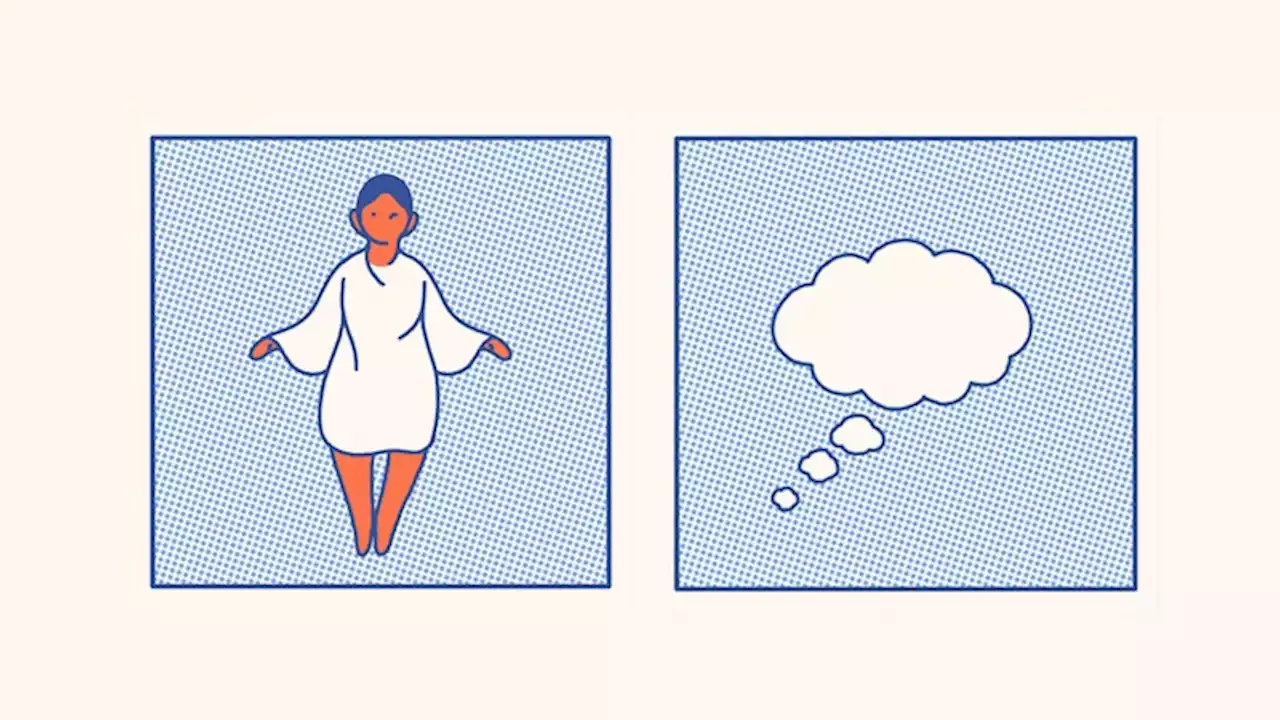Psychedelic therapy has proven useful in treating depression, PTSD, and addiction, but no one really knew why it worked. New research may hold the answers.
exhibits heightened sensitivity to stimuli related to specific functions, as well as increased malleability for synaptic circuit modifications. The constrained window of time during which the brain can develop a specific function is called a critical period. Recently, a novel critical period for social reward learning was discovered.
A time-honored research protocol called conditioned place preference was used to measure whether social contact provides sufficient reward to develop a preference for the place where the social contact occurred.
And here is the remarkable thing: This research demonstrated not only that reopening the social reward learning critical period in mice is a shared property across psychedelic drugs. It also found that “the time course of critical period reopening is proportional to the duration of acute subjective effects reported in humans.” Each psychedelic keeps the window for social reward learning open in direct proportion to how long its acute effects last in humans.
The fact that such different psychedelics had the same ability to reopen a period of social reward learning, which is the linchpin for their therapeutic effect, suggests a deeper underlying mechanism, and Nardousupply an apparent mechanism.
United States Latest News, United States Headlines
Similar News:You can also read news stories similar to this one that we have collected from other news sources.
 UCSD receives $1.5 million to study effects of psychedelic DMT on brain, body -SAN DIEGO (CNS) – A $1.5 million gift to UC San Diego will help fund a research program into the biological and psychological effect of a powerful psychedelic in humans, it was announced Tuesday. N,N-dimethyltryptamine, better known as DMT, can cause “imaginative visuals akin to the dream state” and some claim it can help with issues such as depression and...
UCSD receives $1.5 million to study effects of psychedelic DMT on brain, body -SAN DIEGO (CNS) – A $1.5 million gift to UC San Diego will help fund a research program into the biological and psychological effect of a powerful psychedelic in humans, it was announced Tuesday. N,N-dimethyltryptamine, better known as DMT, can cause “imaginative visuals akin to the dream state” and some claim it can help with issues such as depression and...
Read more »
 The Therapy IssueOur digital Therapy Issue—featuring new stories every day this week—looks at therapy as a distinguishing feature of contemporary life. The questions explored here have resonance on the couch, and also well beyond it. Start exploring:
The Therapy IssueOur digital Therapy Issue—featuring new stories every day this week—looks at therapy as a distinguishing feature of contemporary life. The questions explored here have resonance on the couch, and also well beyond it. Start exploring:
Read more »
 Cartoons About Therapy from the Past Century (Well, Almost)Peruse a collection of cartoons about therapy from our archive. “Will doing so cure you? If laughter is indeed the best medicine, perhaps,” Emma Allen writes. “Anyway, it’ll have to do until the end of August, when your therapist gets back from vacation.”
Cartoons About Therapy from the Past Century (Well, Almost)Peruse a collection of cartoons about therapy from our archive. “Will doing so cure you? If laughter is indeed the best medicine, perhaps,” Emma Allen writes. “Anyway, it’ll have to do until the end of August, when your therapist gets back from vacation.”
Read more »
 For The Bear’s Culinary Producer Courtney Storer, Cooking Is TherapyThe Bear's culinary producer, Courtney Storer, on training actors like chefs and how she helped Ayo Edebiri make the “most delicious, crunchy, elevated” omelet.
For The Bear’s Culinary Producer Courtney Storer, Cooking Is TherapyThe Bear's culinary producer, Courtney Storer, on training actors like chefs and how she helped Ayo Edebiri make the “most delicious, crunchy, elevated” omelet.
Read more »
 Can Cognitive Behavioral Therapy Change Our Minds?Cognitive behavioral therapy is “a serious therapeutic tool, but it’s also a little life-hacky; it’s well suited for an era in which we seek to optimize ourselves, clear our minds, and live more rationally,” Joshua Rothman writes.
Can Cognitive Behavioral Therapy Change Our Minds?Cognitive behavioral therapy is “a serious therapeutic tool, but it’s also a little life-hacky; it’s well suited for an era in which we seek to optimize ourselves, clear our minds, and live more rationally,” Joshua Rothman writes.
Read more »
 The high cost of CRISPR therapy will stop it getting to most patientsThe world’s first CRISPR therapy may be approved soon, but sadly it is unlikely to be affordable for hundreds of thousands of people whose pain it could end
The high cost of CRISPR therapy will stop it getting to most patientsThe world’s first CRISPR therapy may be approved soon, but sadly it is unlikely to be affordable for hundreds of thousands of people whose pain it could end
Read more »
